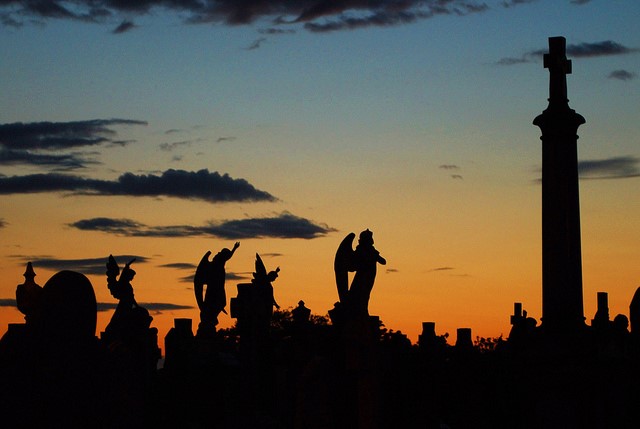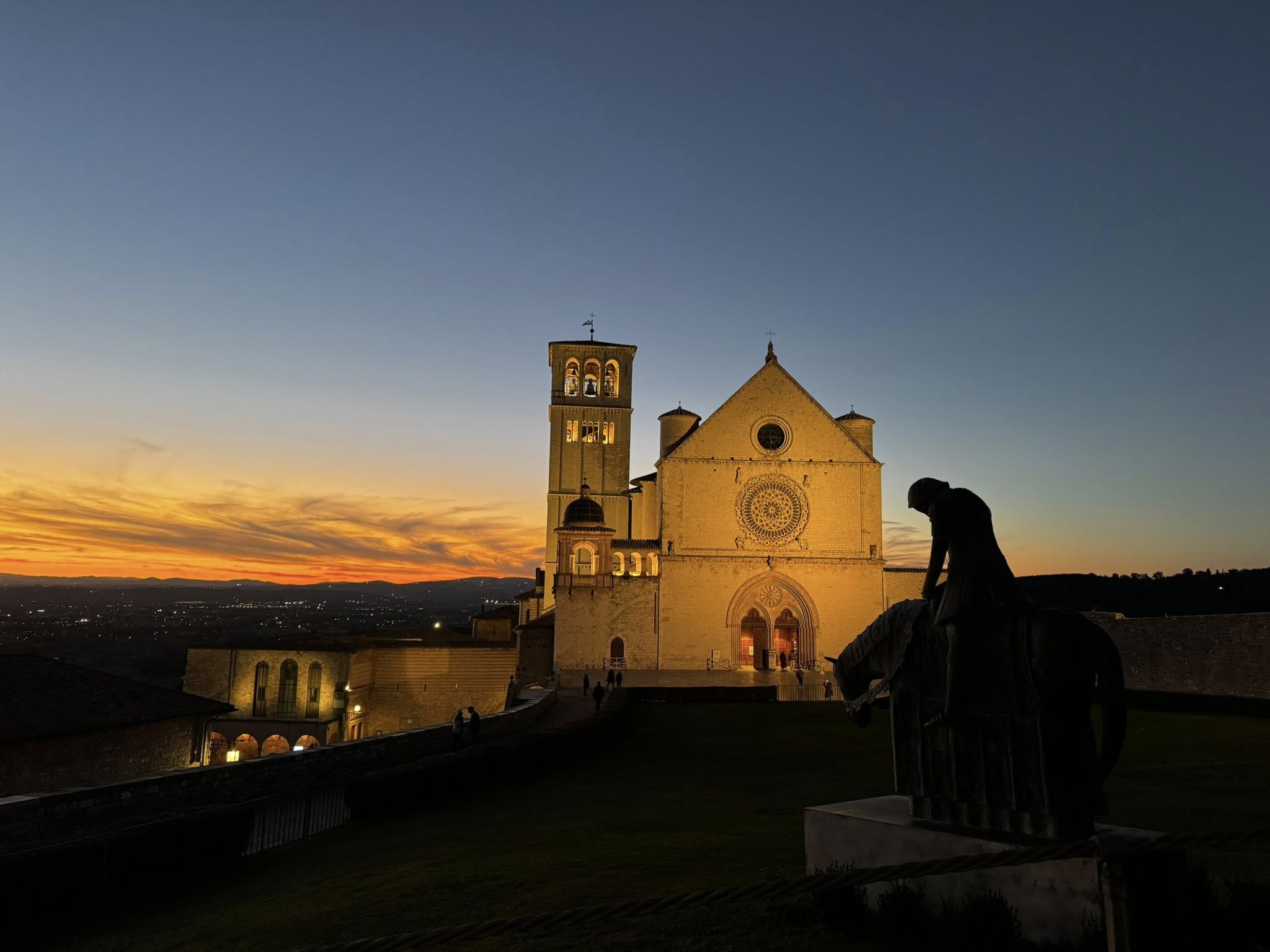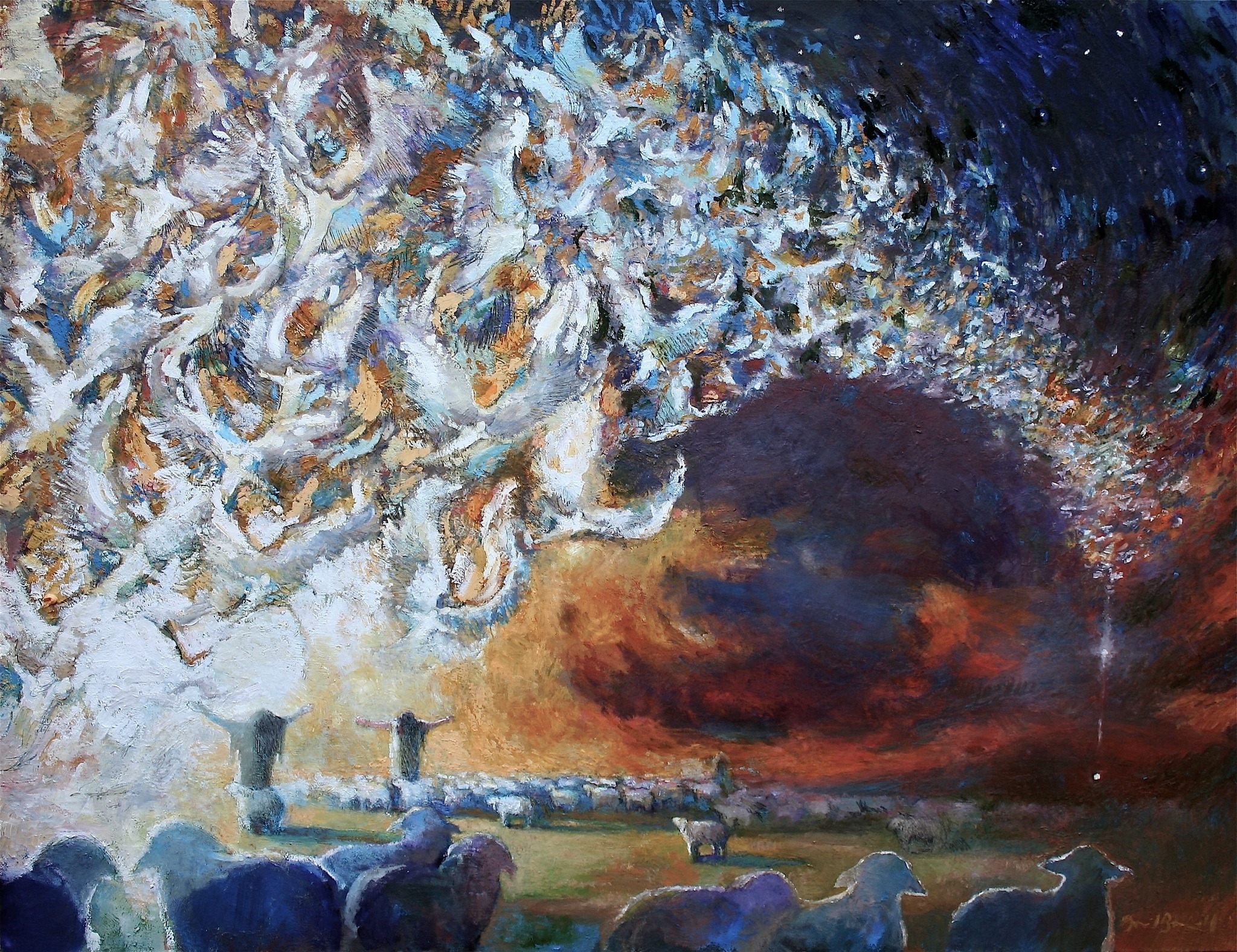Aurelio Porfiri
When we come to the month of November it is but natural that we are mindful of our deceased faithful, as we celebrate the liturgical feast of the All Souls on November 2. It is obvious that we fix our minds on that great mystery that awaits us and that frightens us. We cannot pretend indifference to the most significant passage of our existence, the one on which some of us have bet in a Pascalian way for future life.
Blaise Pascal in his Thoughts said: “Men, not having been able to remedy death, misery, ignorance, have resolved, in order to live happily, not to think about it” (98). He then added: “We run without a thought towards the precipice, after having put something in front of our eyes that prevents us from seeing it” (108). Let us remember how the Preparation to death by Saint Alphonsus Maria de’ Liguori begins: “Consider that thou art dust, and unto dust, thou must return. The day will come when thou must die, and be placed in a grave where “the worms” shall “cover thee.” The same fate awaits all, both nobles and plebeians, both princes and vassals. Directly the soul shall leave the body, with the last gasp, it will go into eternity, and the body will return to its dust. “When Thou takest away their breath they die, and are turned again to their dust.” (Ps. civ. 29.). Imagine to yourself a person, whose soul has just departed. Behold that pale corpse, which is still upon the bed, the head fallen upon the breast ; the hair dishevelled and bathed in the sweat of death; the eyes sunken; the cheeks hollow; the face of ashy paleness; the tongue and the lips of a leaden hue; the body cold and heavy. Those who see it grow pale and tremble.” Yes, and would be no bad also for us to read this treaty and remember our true condition here on earth.
The Church accompanied the sad liturgies with the melodies of the Gregorian Requiem Mass. The introit had something sad but at the same time serene, it is as if it wanted to admonish and at the same time console. It would certainly be terrible to think of an imbalance between the two dimensions, between a Church that is too admonishing or one that is too consoling. Traditional wisdom knew how to harmonize the two dimensions, which well poured into the essential Kyrie. The invocations for the eternal rest of the soul and to implore the absolution of the deceased faithful took place on the lips of the singers and the faithful when it came to the beautiful medieval sequence Dies Irae, full of vivid images and which presents the terrible and wonderful moment of the death and prefigures the final judgment:
“Day of wrath will be that: the fire will destroy the world as David said with the Sibyl.
What terror there will be when the judge comes to examine everything rigorously!
The trumpet will spread its wonderful sound over the pits of the earth, will gather everyone to the throne.
Death and nature will astonish when the creature will rise to answer the Judge.
The written book will be opened, where everything is about which the world will be judged ”.
The prayers in song, with melodies at times essential at times more flowery, continued until communion, in which the eternal light was invoked on the dead and it was hoped that they could rest with the other saints in the eternity of God, in Him we trust because it is good and certainly not for our merits. After communion, other songs accompanied the final farewell, including the seraphic In paradisum, in which we wished the dead soul to be escorted by the angels to the final destination and to be welcomed by the martyrs towards the heavenly Jerusalem. It was all, as I said, sad but also consoling, the strength of faith made up for the pain that certainly cannot be eliminated if we want to remain human. Today we got rid of all this, it was considered superfluous and unnecessary. Today many priests always speak well of the deceased, so much so that in certain funerals I thought I had entered the wrong church … the priest should not speak of the dead, but it should be the Word of God that through that ceremony speaks to us of Christian hope in eternal life. If the priest does not mention the deceased, the relatives can add something at the end, just to charge the emotional atmosphere that is already pretty full. Anyway, it must be said for our consolation, that at least then everything melts at the exit of the coffin with a nice applause, the right tribute to our lives transformed by a Church with a view on the world into easy pretexts for a long reality show.


 Follow
Follow

